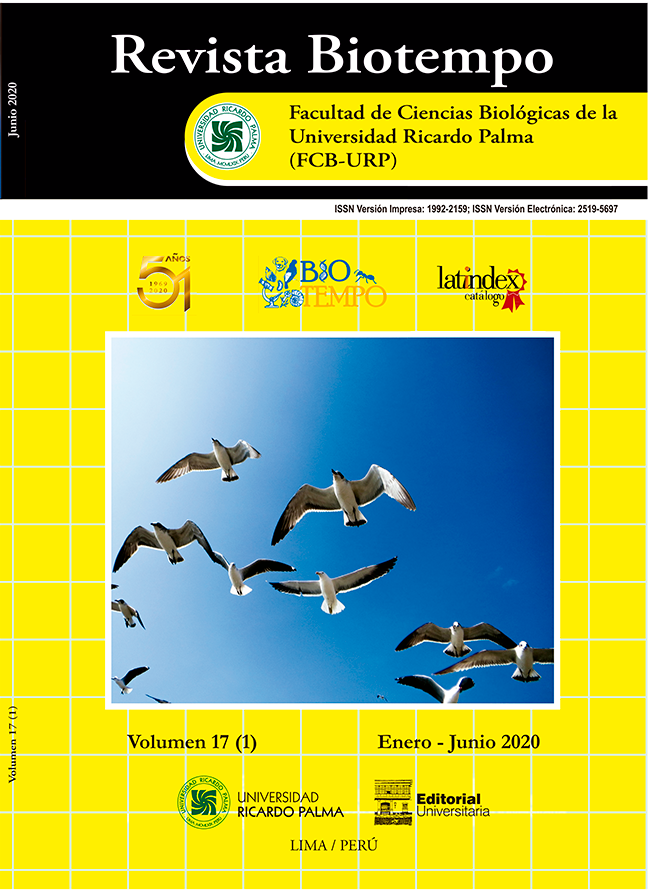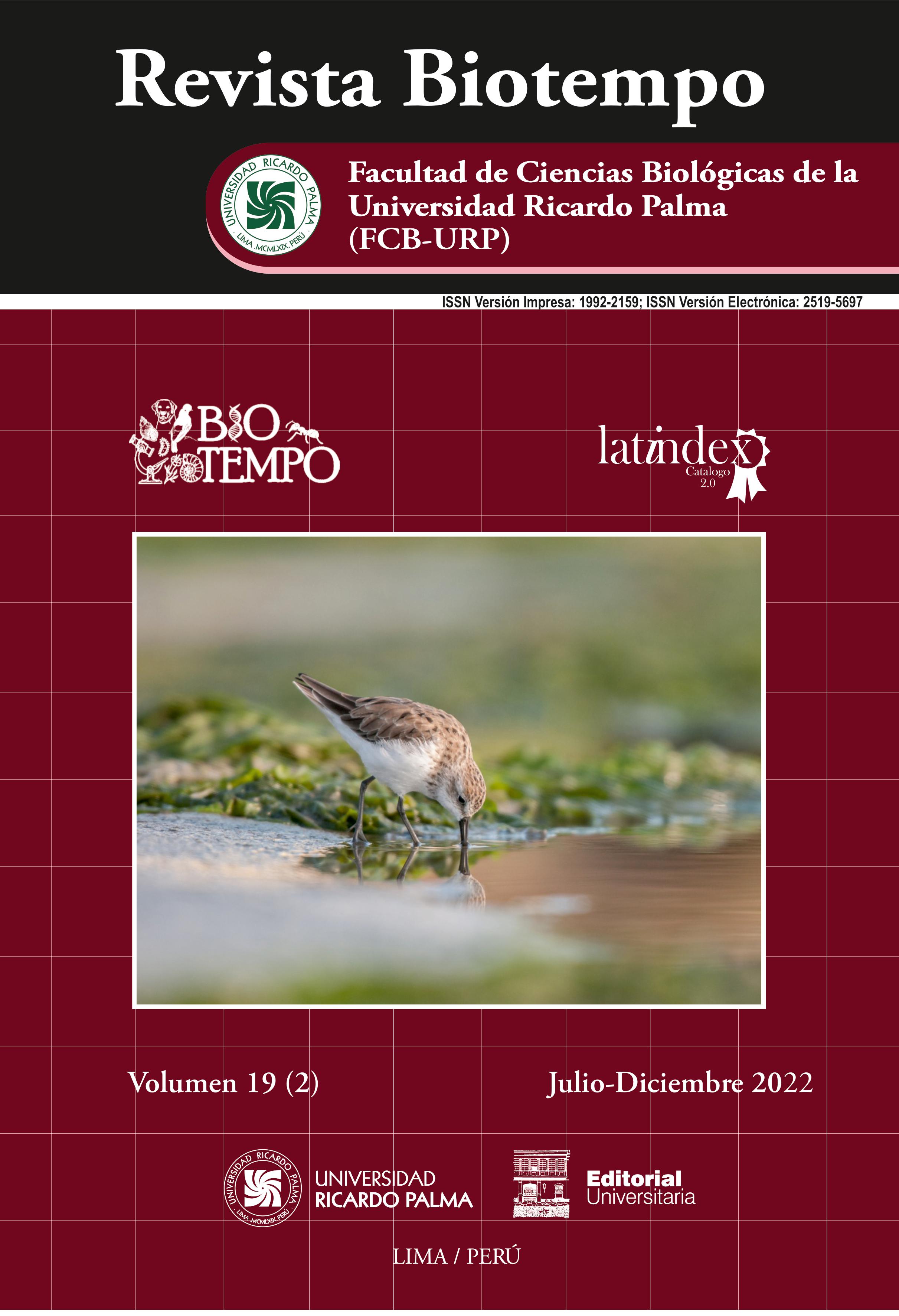ONTOLOGICAL PERSPECTIVES ON FORESTS
DOI:
https://doi.org/10.31381/biotempo.v17i1.2991Keywords:
Complexity, forests, forest philosophy, forest ontology, socioecosystemsAbstract
This article on ontological perspectives on forests seeks to contribute to the development of a forest ontology that will make it possible to examine and strengthen the theoretical, political, institutional, legal, educational and technical framework of the forest sciences and to review the relationship with forests, which to date is strongly anthropocentric. It is concluded that the confl uence of positivist science, hegemonic economy and politics, reinforced by forestry education and communication, is leading to the institutionalized hegemonic approach of the ontology of the forest and the human being. Even sustainable development is not an accurate proposal as long as it maintains the essence of its economic orientation and its instrumental relationship with nature and forests. In this separation, forests are reduced to providers of renewable natural resources, natural capital or goods and services oriented towards economic growth. Although there are interesting advances in relation to sustainable forest management proposals, it can still be conceived as a process and not a goal. Although it is still possible to fi nd manifestations of a relational ontology in indigenous peoples, there is worrying evidence of its replacement by a disjunctive ontology. Th e knowledge of forest ontology invites to review the relationship with forests and the need to incorporate a socio-ecosystemic vision of forests and a close interrelation with forest ethics in a biocentric perspective.










